Golf, Spring, and Augusta National
This year, as it is every year, spring was announced in my household not by the pollen (which is always devastating) or the rainstorms, but by a golf tournament. I didn’t grow up playing golf and still have an appalling swing, but I spent almost a decade in Augusta during medical school and residency. For those who are unaware, that’s the home of Augusta National, the celebrated golf club that hosts the annual Masters Tournament. This is always the first major championship on the PGA Tour—and the only major that’s always played at the same golf course. Every year, as golfers gear up for the season, I start to see more patients with herniated disc injuries whose swings have taken a toll on their backs.
Each spring, Augusta essentially shuts down as an estimated 200,000 visitors come to town to watch the tournament. Daniel Field, the private airport in Augusta, hosts over 1,000 private jets, and people drive from across the country and fly from around the world to walk the famously rolling terrain of Augusta National. The pimento cheese sandwiches really are still $1.50, and the course truly enforces a no cell phone policy (violation of which can have you ejected from the event—permanently).
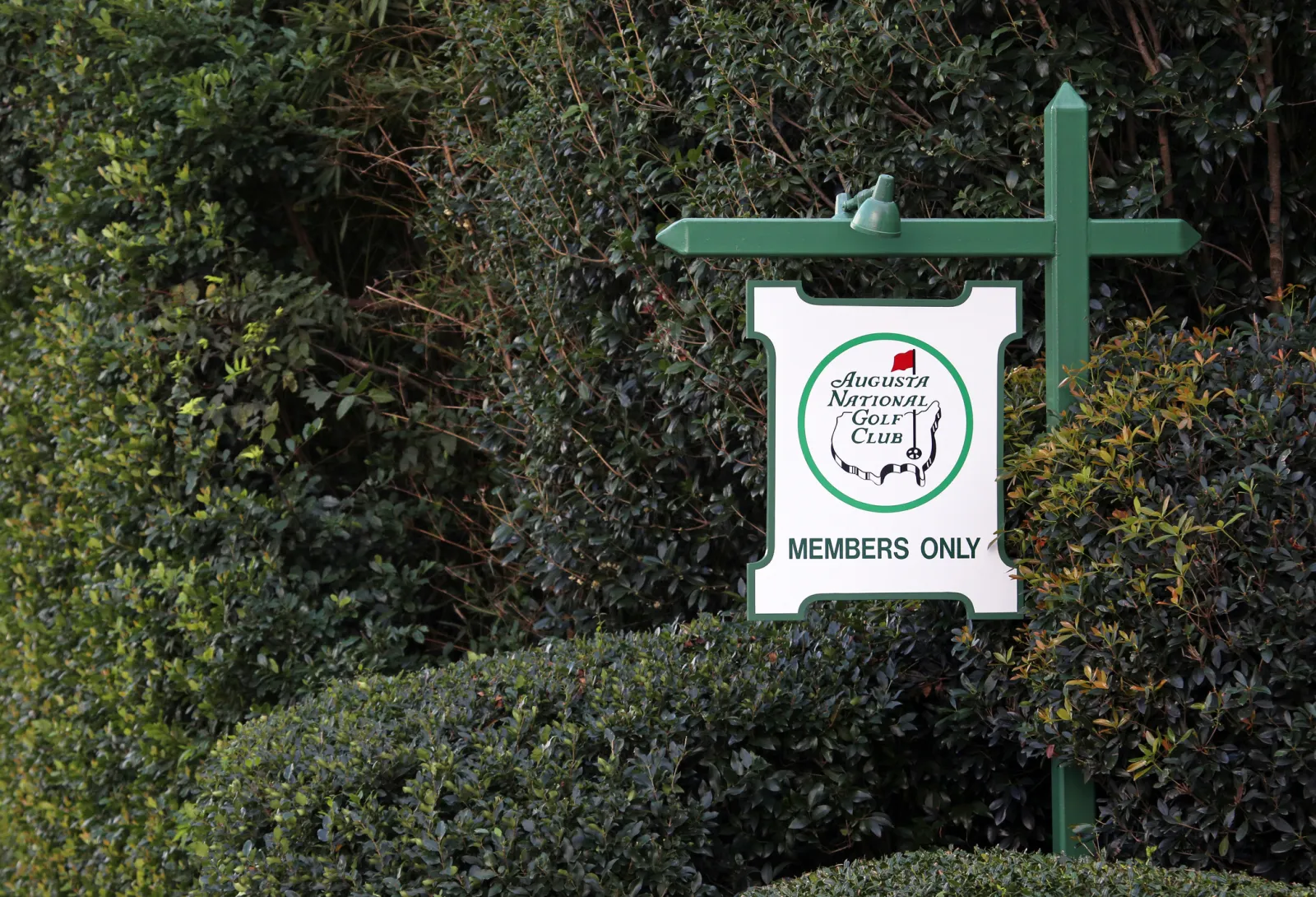
Living in a Golf Community
Practicing in Johns Creek—home to some of Atlanta’s most scenic golf courses—I’ve moved from one golf mecca to another. I’m surrounded by family, friends, and neighbors who live and breathe golf. The Masters may herald the coming of spring for some, but many of my neighbors never let their clubs collect dust, and tee times around here are always at a premium.
Golfers and Back Pain in the Clinic
As a spine surgeon in this area, I see a lot of golfers as my patients. Some are weekend warriors walking out on the course cold and trying to drive like Tiger from the first tee box—the immediate pain brings them quickly back to reality. Others are avid golfers who play rain or shine and just can’t seem to get rid of that nagging backache. Some are novice golfers who try the sport once and find themselves laid up for days afterward due to poor form and erratic swings. Others are professionals who play competitively and took that one wrong swing that sent them to me.
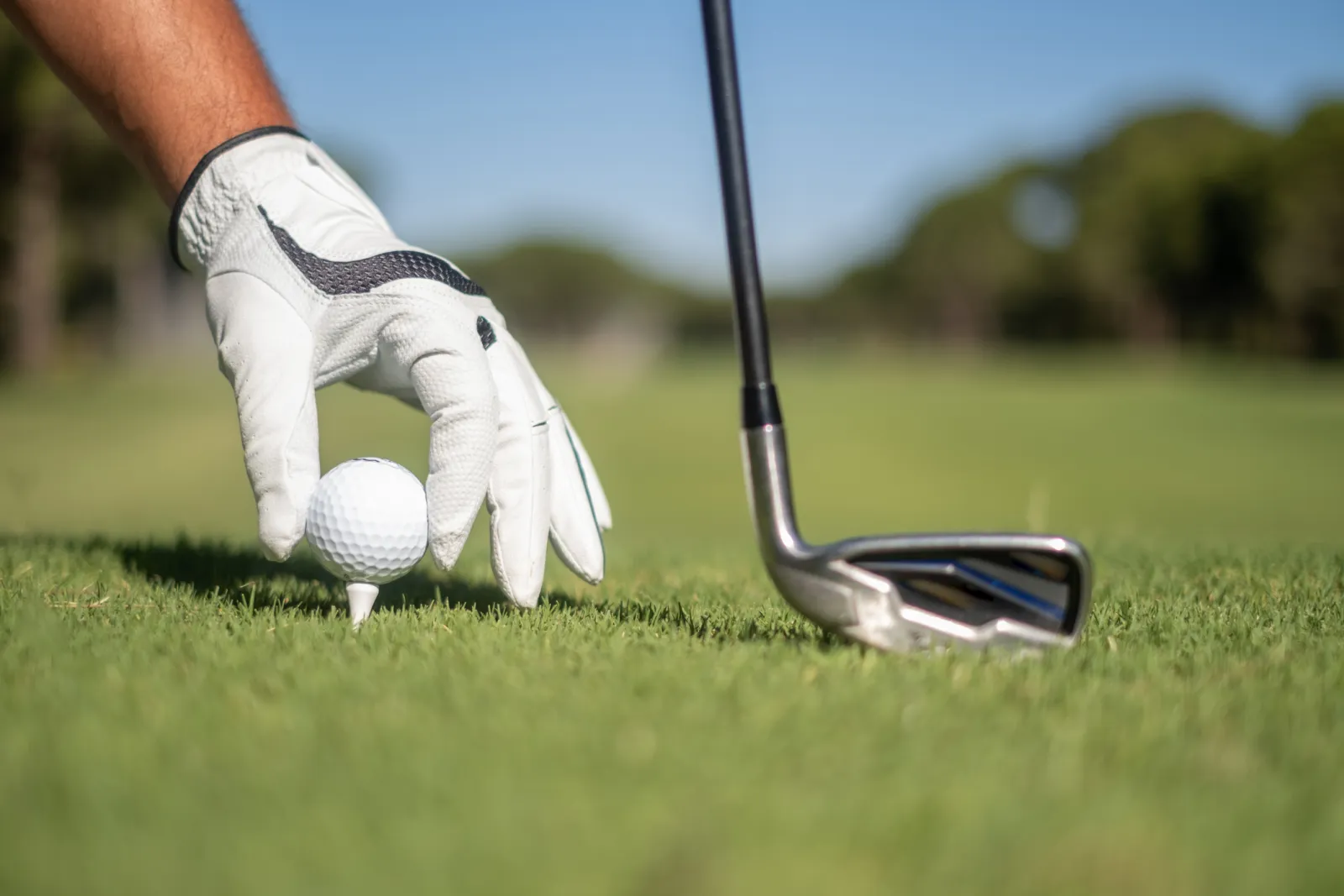
The common thread is always the same: the desire to get back on the course, shave off a stroke or two, and hit that perfect drive. For golfers with back pain or poor form, the golf swing places significant stress on the lumbar spine, and understanding swing biomechanics is crucial to preventing injury and optimizing performance.
Masters Headlines and a Golf Injury Story
That brings us to one of the many big headlines the Masters brings each year. There was the ever-present “Tiger: will he or won’t he?” Rahm’s victory—the fourth for Spain—topped the news cycle on Sunday and well into Monday. But there was another story that caught my attention: Will Zalatoris, the eighth-ranked golfer in the world, withdrew from the tournament after announcing he would undergo a microdiscectomy to address a herniated disc in his back, sidelining him for the rest of the season.
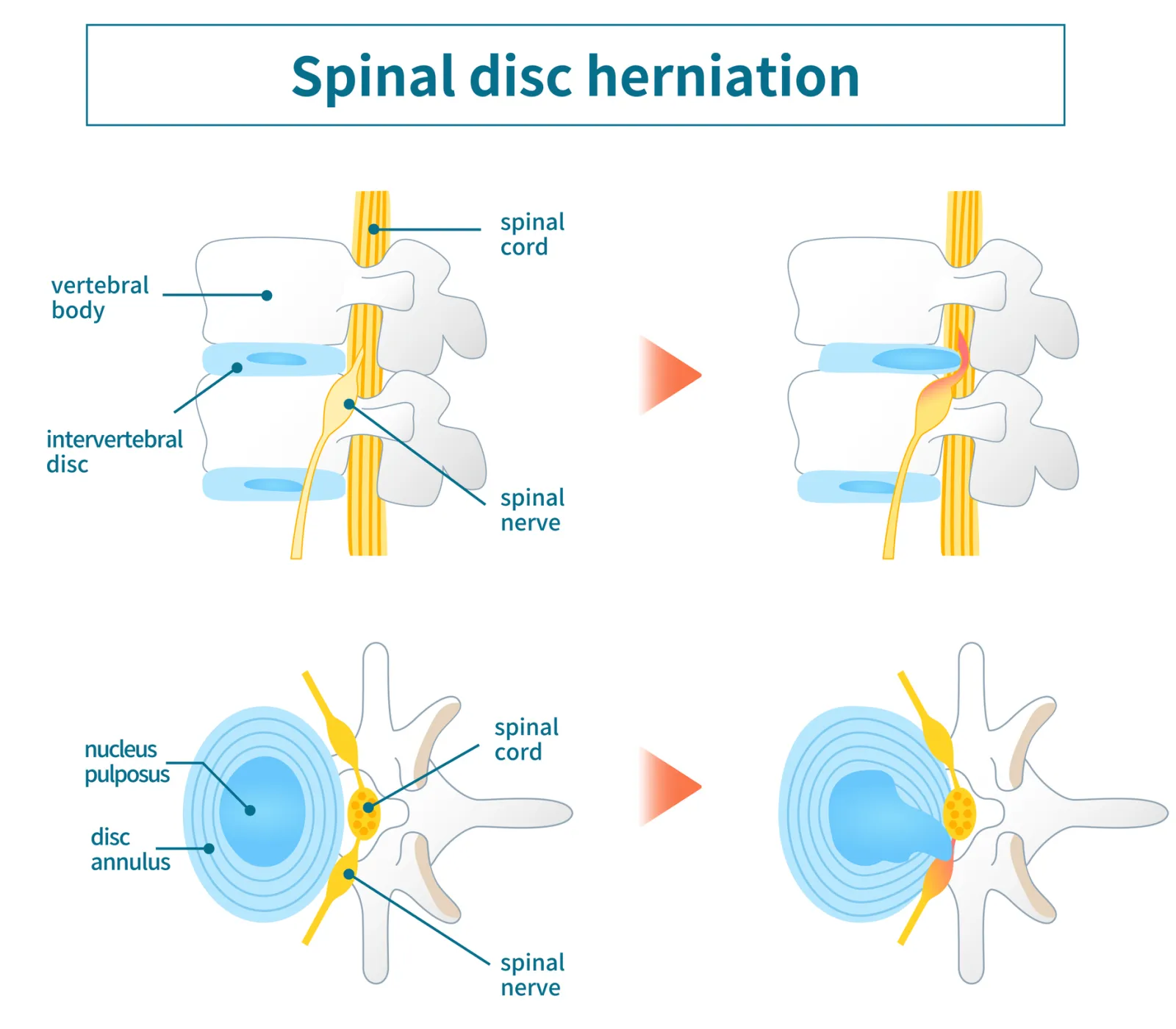
What Is a Herniated Disc?
Lumbar disc herniation is a common complaint and one that I treat frequently. If you envision the vertebrae of your back stacked one on top of another, the cushions between them are the discs. These discs are somewhat like jelly doughnuts, with a tough outer coating (the dough) and a soft inner filling (the jelly). Normally, that jelly is kept in the center of the doughnut and acts as a shock absorber, preventing impact between the bones and facilitating motion through your back.
Herniation occurs when pressure within the disc space increases—usually through heavy lifting or twisting—but it can happen with something as simple as a sneeze or bending over to tie your shoes. When that jelly escapes, it can compress the nerves in the spinal canal. Even worse, the jelly itself is filled with prostaglandins—inflammatory chemicals that irritate the nerve root, even if the herniated disc isn’t directly compressing it. The result is radiculopathy (pain radiating down a nerve), which can cause weakness, numbness, and pain down the leg. This combination of symptoms often leads patients to seek medical evaluation.
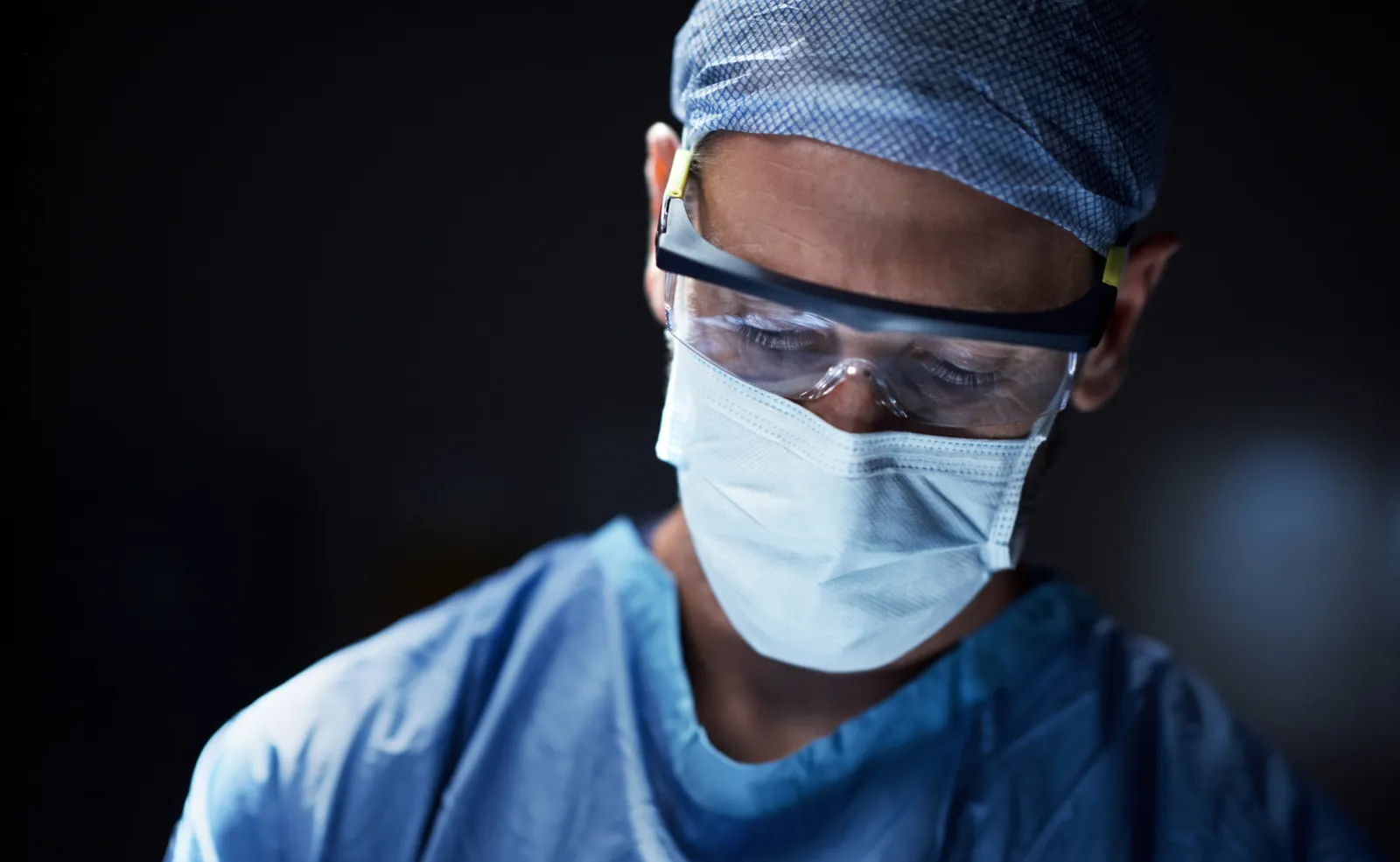
It’s important to recognize that issues in one part of the body, such as the lumbar spine, can affect other areas—especially during dynamic movements like a golf swing.
Conservative Treatment and When Surgery Is Needed
The good news is that about 90% of patients improve within three months with conservative treatment and don’t require surgery. But what happens if the pain becomes chronic, the disc herniation doesn’t resolve, or the symptoms are so severe that it’s impossible to function? Then, the decision is whether to proceed—as Will Zalatoris did—with a lumbar microdiscectomy.
This procedure is simple, outpatient, and resolves symptoms almost immediately. Compared to other spinal procedures such as lumbar fusion, lumbar laminectomy, or cervical fusion, microdiscectomy is less invasive and often allows for a quicker return to play, though each procedure has its own indications and recovery timelines.
What Happens During a Microdiscectomy
In the operating room, a small incision is made through the skin and down to the vertebrae of the spine. A small window of bone is removed to access the spinal canal, and the sac of fluid around the spinal cord (the dural sac) is gently moved aside. This allows access to the herniated disc fragment, which is removed. A few stitches later, and in most cases, patients can go home the same day.
Recovery and Return to Golf
Patients are generally up and walking the day of surgery, and many of these cases are performed in surgery centers instead of hospitals. Recovery from a sports-related injury like a herniated disc generally takes about six weeks—maybe a little longer if you’re returning to high-level sports activity like Zalatoris. After that, you’re back to living life as normal.
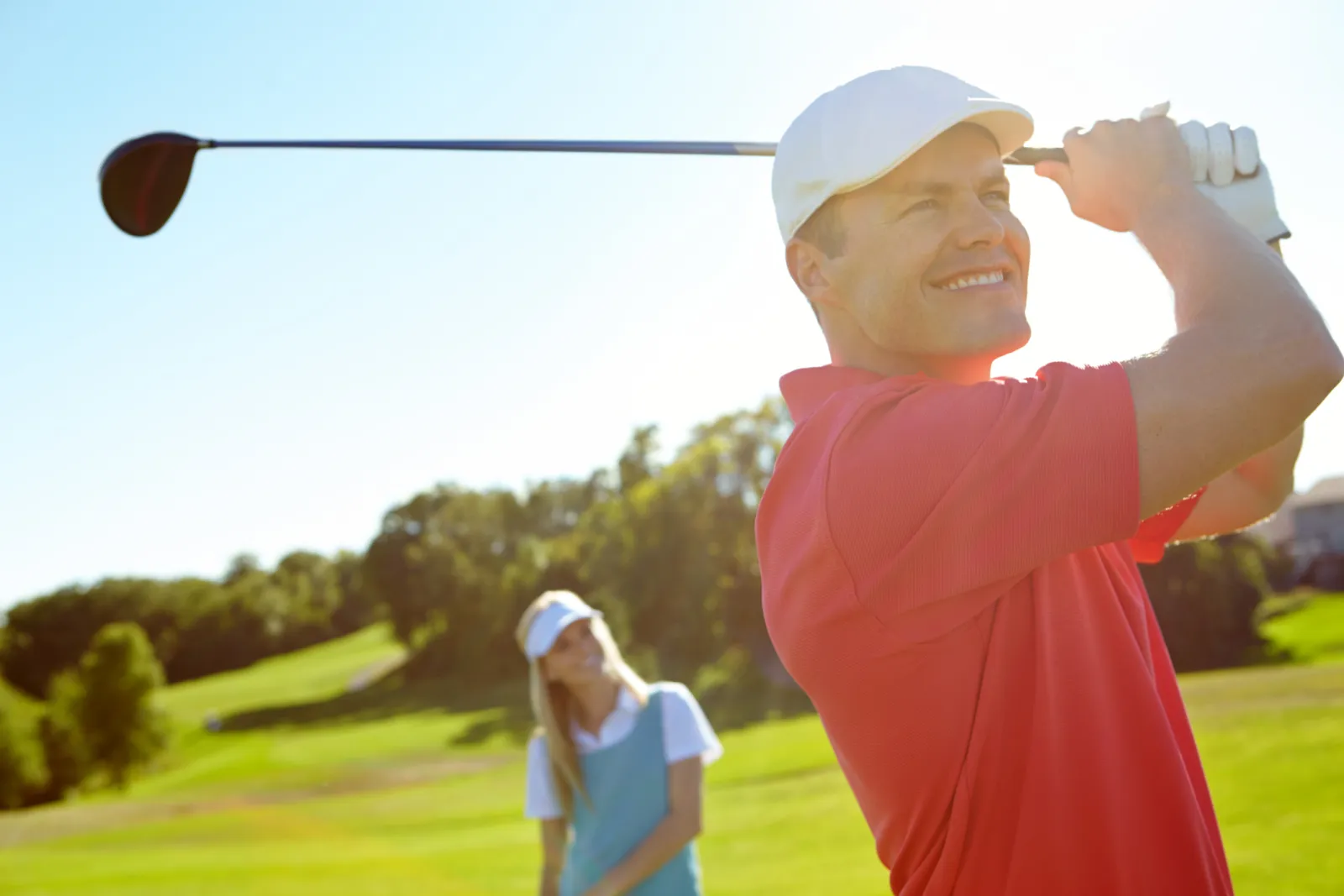
The post-operative goal is a full return to all activities, and for many of my patients, this has included running, weightlifting, and, most importantly, golf. Structured rehabilitation—including physical therapy, targeted exercise, and sport-specific training—is essential for a safe and effective return to play after spine surgery.
Treatment at Resurgens Spine Center
If you or someone you love is suffering from back pain that’s keeping you from your golf game or any other activities, the physicians at Resurgens Spine Center provide the latest in minimally invasive, non-surgical and surgical treatment options. Our team includes board-certified doctors and physical therapists who collaborate to guide each patient through rehab and recovery.
Most patients are able to return to play after minimally invasive spine surgery, as supported by studies from the North American Spine Society. We follow individualized return-to-golf protocols and rehabilitation plans to ensure the best outcomes. Notably, Tiger Woods is a famous example of a golfer who underwent spine surgery and extensive rehabilitation to return to the sport.
I hope you’ll come see us and let us help you get back to doing what you love!
Ready to get back on the course? Schedule an appointment with our spine specialists today and take the first step toward a safe return to golf.